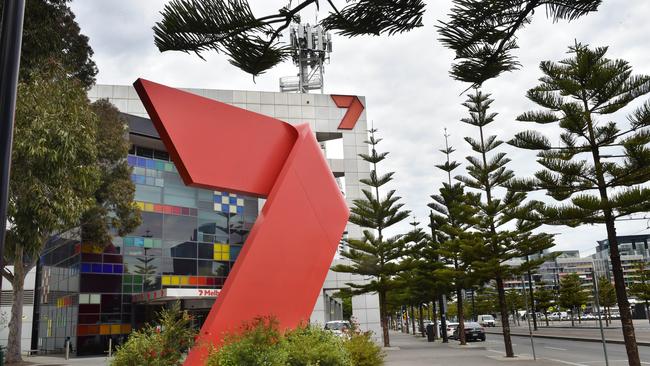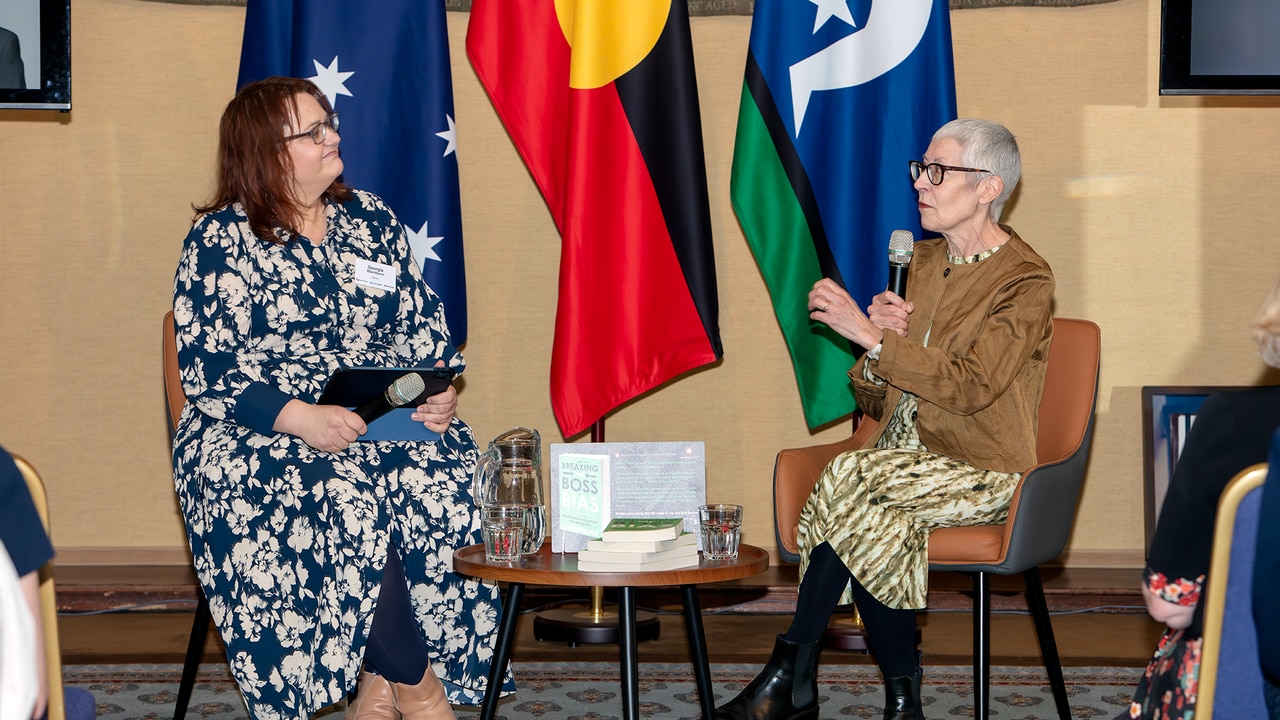Seven successful in bid to bury ‘dirty linen’ in Amelia Saw case
The network has won its bid to suppress ‘embarrassing’ documents filed by former Spotlight producer Amelia Saw, after a Federal Court judge ruled their release could imperil mediation.

Seven has been successful in its bid to suppress documents containing the network’s “dirty linen” which were filed as part of a Fair Work case brought by former Spotlight producer Amelia Saw.
Federal Court judge Nye Perram on Friday afternoon said the public release of the material could “imperil” upcoming confidential mediation between Ms Saw and her former employer.
Therefore, he said the material would be subject to a suppression order and non-publication order, despite Ms Saw and three media organisations – Nine Entertainment, the ABC and News Corp Australia (the owner of this masthead) – opposing the application.
“Since I am satisfied that the disclosure of the pleadings at this stage would be prejudicial to the administration of justice because it may imperil the success of an upcoming mediation, I am satisfied that suppression and non-publication orders should be made,” Justice Perram wrote in his judgment.
The Federal Court last Friday heard arguments over whether Ms Saw’s statement of claim should be suppressed ahead of the court-ordered confidential mediation in November.
Seven did not seek permanent suppression or non-publication orders – just orders that would last until seven days after the mediation or, alternatively, until after the filing of its defence.
Seven’s barrister Kate Eastman SC had argued the release of the statement of claim would prejudice the administration of justice, because Ms Saw’s allegations laid out in her statement of claim would be published broadly before the network’s defence was released.
“The right to a fair trial is not a star chamber where one party says ‘here are our allegations’ and then posts them up … on the town hall,” Ms Eastman said, arguing the release of the documents would “switch the onus of proof”’ to her client.

Ms Eastman also said the release of the statement of claim would result in a confidential mediation occurring “in a fish bowl” where “no one knows what’s going on in that room but everyone knows what might be discussed”.
But Ms Saw’s counsel Philip Boncardo said Seven wished to suppress the documents to “avoid embarrassment”, adding that embarrassment “never should be a basis” for a suppression order.
In delivering judgment, Justice Perram said while the pleadings were “embarrassing” for Seven, that was not reason enough to have them suppressed. But he said the release of the documents could affect the administration of justice because it could prevent successful mediation.
“Seven puts its case on the basis that the chances of settlement will be enhanced if Ms Saw’s allegations are not aired publicly before the mediation. Ms Saw submits that this is not so and that the prospects of settlement will not be materially affected by any such press coverage,” he wrote in the judgment.
“Ms Saw’s submission is unrealistic. The continued maintenance of confidentiality is something which may be of value to Seven at any mediation and hence also to Ms Saw.
“To be crude about it, keeping the details of Ms Saw’s allegations out of the news is something Ms Saw can offer to Seven in their settlement negotiations. Once the allegations are public, on the other hand, that bargaining chip will be off the table.”
Justice Perram accepted that there was “a risk” that “the publication of the pleadings will deleteriously affect the prospects of the mediation succeeding”.
“Since I am satisfied that the disclosure of the pleadings at this stage would be prejudicial to the administration of justice because it may imperil the success of an upcoming mediation, I am satisfied that suppression and non-publication orders should be made,” the judgment reads.
Seven has also sought to suppress its defence and Ms Saw’s reply to the defence.
“As these documents have not yet been filed, it is not appropriate at this stage to make an order in respect of them,” Justice Perram wrote. “Prior to the filing of these documents, the parties should confer to determine if these documents should, for the reasons stated herein, also be subject to suppression and non-publication orders.”
Justice Perram has requested the parties put together orders based on his reasons within seven days.





